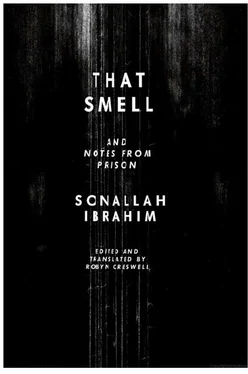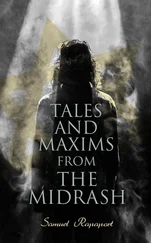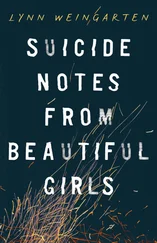***** I had the habit of going after lunch to the remotest spot in the prison’s courtyard, right up against the outer fence, to escape the noise of the cells and to have a short siesta. I took a blanket with me and spread it over the sands, and a towel to cover my face and protect it from flies. When I woke up, I would go to the cells for some tea and take it back with me to the fence. I drank it out of a yellow plastic cup, which I kept clean by washing it regularly with sand. My sister sent me provisions of Republic-brand tea and since leaving prison I have never found anything like it in any of the many places I have traveled. There, by the fence, sometimes refreshed by a humid breeze that would lift the summer heat, I was able to concentrate and write several short stories.
****** Adel H. was Adel Hussein — later Vice President of the Work Party — who was one of the prisoners at al-Wahat and once shared a cell with me.
******* It seems that Raauf Mas‘ad, one of our group, wrote a play in which he used the technique of what he called “a leap into the future” (the opposite of a flashback). This naïve idea sprang from a desire to prove ourselves and create “a new vision” — thereby ignoring, or pretending to ignore the fact that the English writer J. B. Priestley had already represented his characters as meeting multiple fates.
“A. R.” is probably Ahmad Rufa‘i, a leader of the Communist Party and the popular clandestine resistance to the British in Port Saeed. Along with Abdel Mun‘am Shatila and Sa‘ad Rahmi, and with the cooperation of several Free Officers in the entourage of Abdel Nasser, he was able to smuggle arms into the city by way of Lake Manzala. Resistance operations inside Port Saeed, culminating in a massive demonstration, threatened the British position. None of this prevented Rufa‘i’s arrest and conviction in January 1959. He remained in prison until he was released in the general amnesty of mid-1964.
******** The release of prisoners finally began in small groups. At the same time, there were persistent efforts to stop or delay this operation. April third was set as a day for the release of a few prisoners and their friends and acquaintances gathered at the prison gate to say goodbye. Suddenly an officer named Subhi, who had just arrived in the prison, began acting wildly and started a fight. He had already alerted the wall sentries and given them the order to fire at any sign of trouble. They did indeed shoot, at random, and they hit Louis Ishaq, one of the most prominent Communist leaders.












